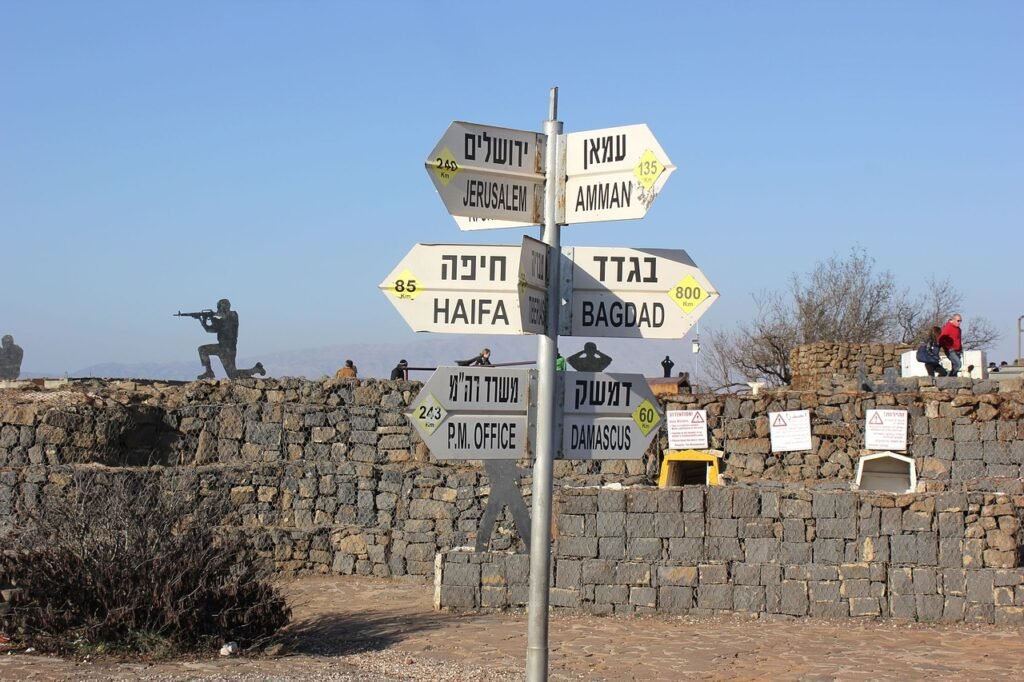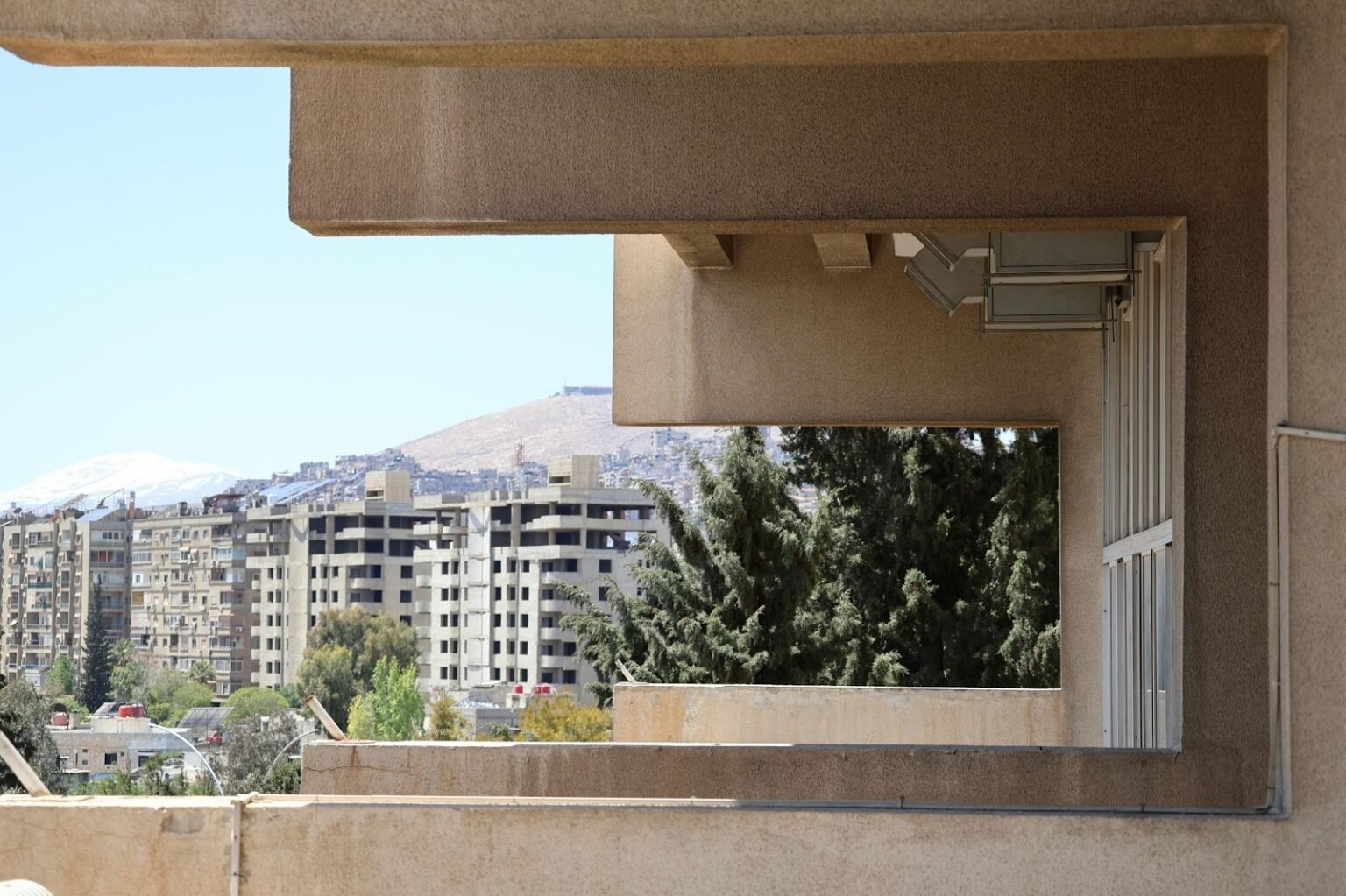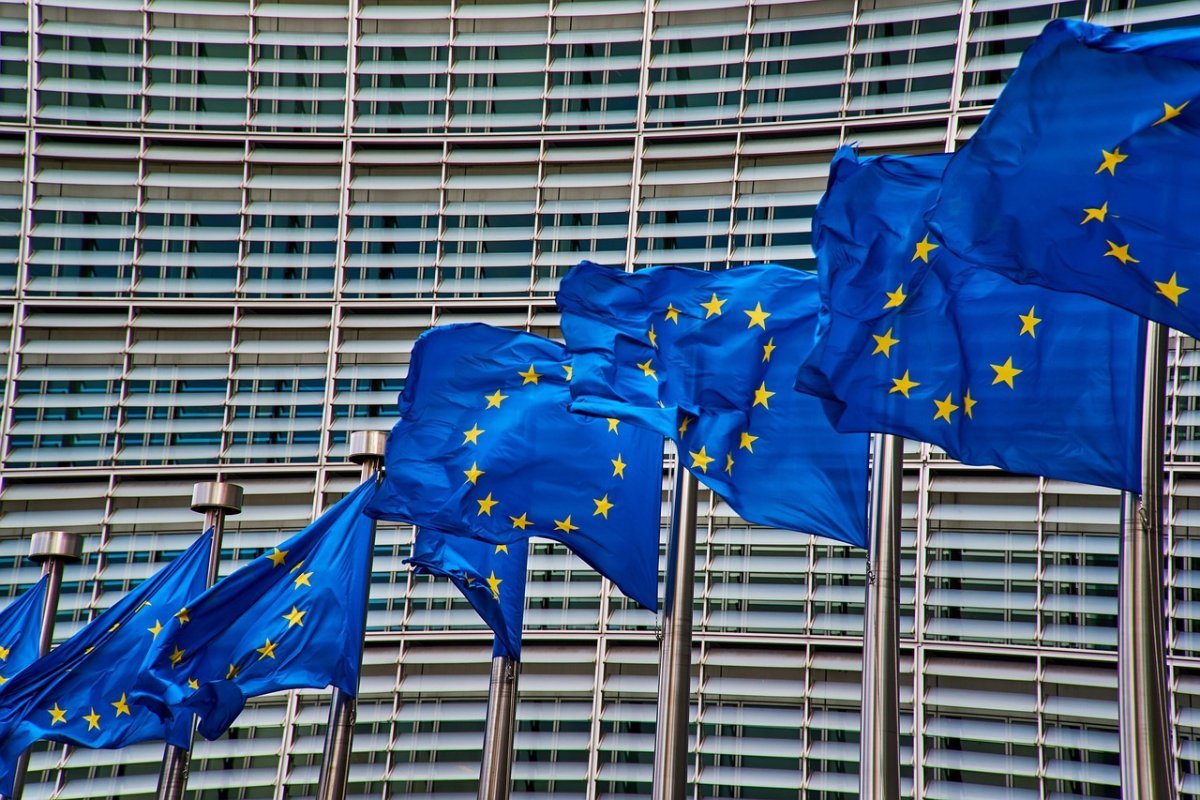In a bold break from the decades-old rhetoric long echoed from Damascus, Syrian President Ahmed al-Sharaa revealed in an interview with Jewish Journal a new vision for post-war Syria. His approach signals a pragmatic political line based on balanced regional relations. While cautious in justifying the past, he seems determined to move beyond it by building a new social contract for the country.
An Inclusive Government and Mutual Security:
One of the most striking elements of Sharaa’s statements was his vision of Syria as a multicultural, multi-faith state. He affirmed the right of all Syrians to return — including Jews, Druze, and Christians whose properties were confiscated during the previous regime — signaling a symbolic and strategic message both internally and externally: Syria as an inclusive state.
But even bolder was his approach to the long-contentious issue of relations with southern neighbor Israel. Sharaa spoke of a “calculated openness” while expressing readiness to return to the 1974 Disengagement Agreement, emphasizing the protection of civilians in southern Syria. In doing so, Sharaa appears to turn the page from a doctrine of mutual threat to one of mutual security.
| “The past is present. But our duty now is not to repeat it — not even in a lighter form. We must create something entirely new.” – President Ahmed al-Sharaa, Jewish Journal |
In the interview with journalist Jonathan Bass, Sharaa declared:
“The new Syria is not afraid to take unconventional steps for peace. We have common enemies, and we can play a key role in regional security.”
Observers view this as a clear hint that relations with Israel could go beyond traditional regional limits — particularly in the context of shared hostility toward Iran.
A New Syrian Understanding of Power and Influence:
Reflecting a shift in Syria’s political strategy, President Sharaa expressed his desire to meet with former U.S. President Donald Trump, whom he described as “a man of peace.” He also called on the United States to support efforts to build institutions based on transparency and integrity.
Through his latest remarks, the Syrian president seems fully aware of external challenges and is opting for new tools to face them — tools founded on partnership instead of isolation. However, the success of this strategy depends on international engagement with Sharaa’s approach — and so far, the reaction appears cautiously positive.
Yet the questions remain: How far will this engagement go? What are the American and Israeli interests in supporting these new approaches?
Some believe the answer lies in Gaza. Unofficial reports suggest President Sharaa has agreed to a proposal presented by Donald Trump to Egypt and Jordan to accept Palestinian civilians from the Gaza Strip. If true, could Damascus become the gateway to shaping the New Middle East?



